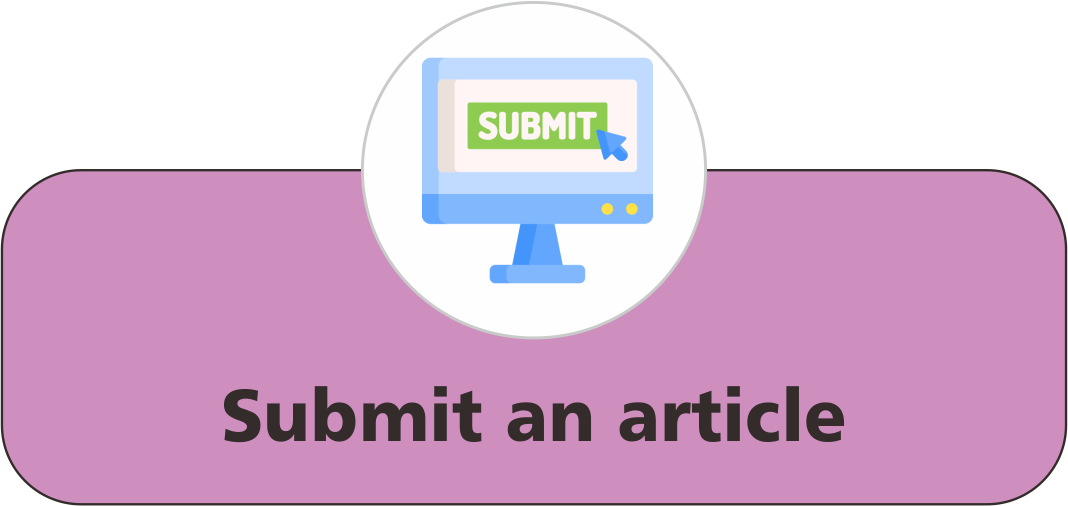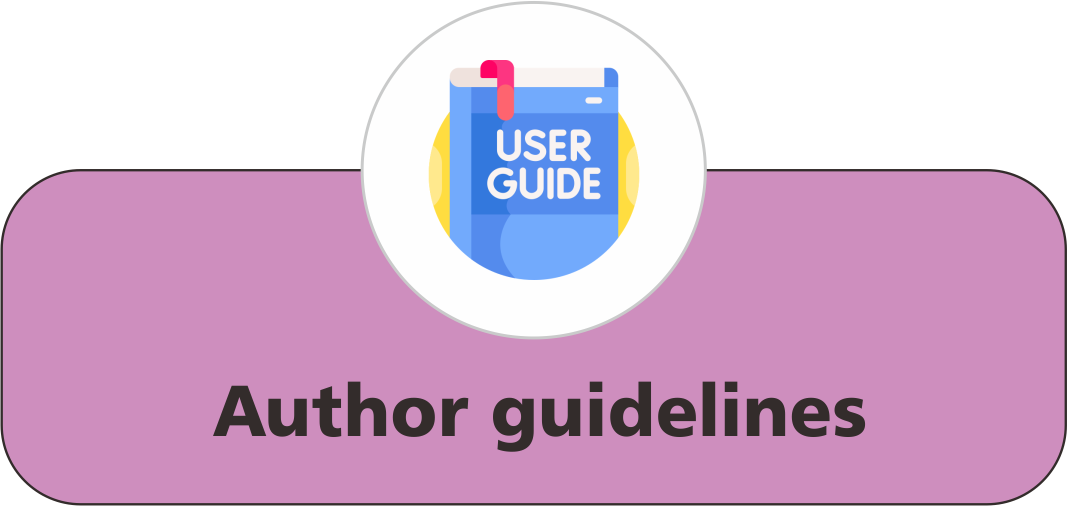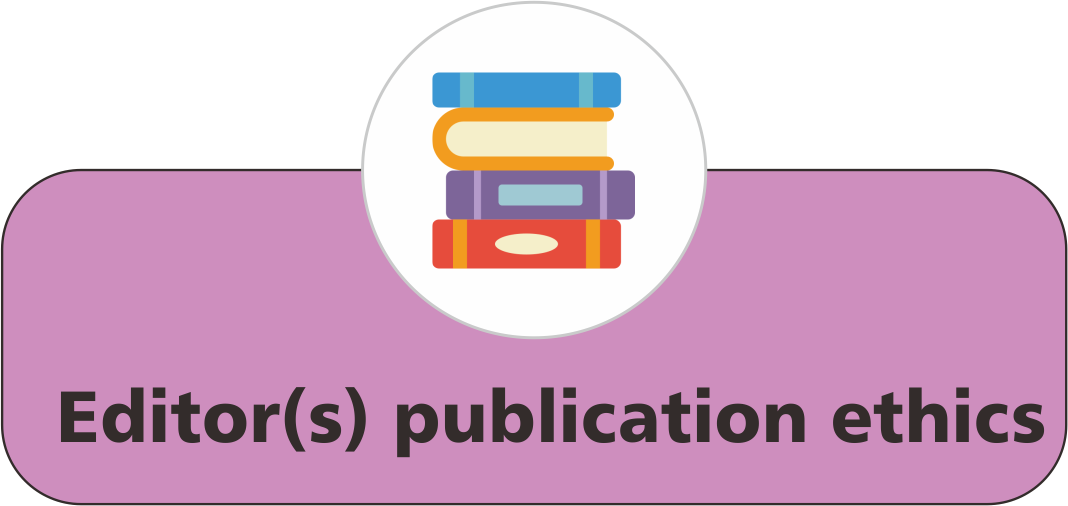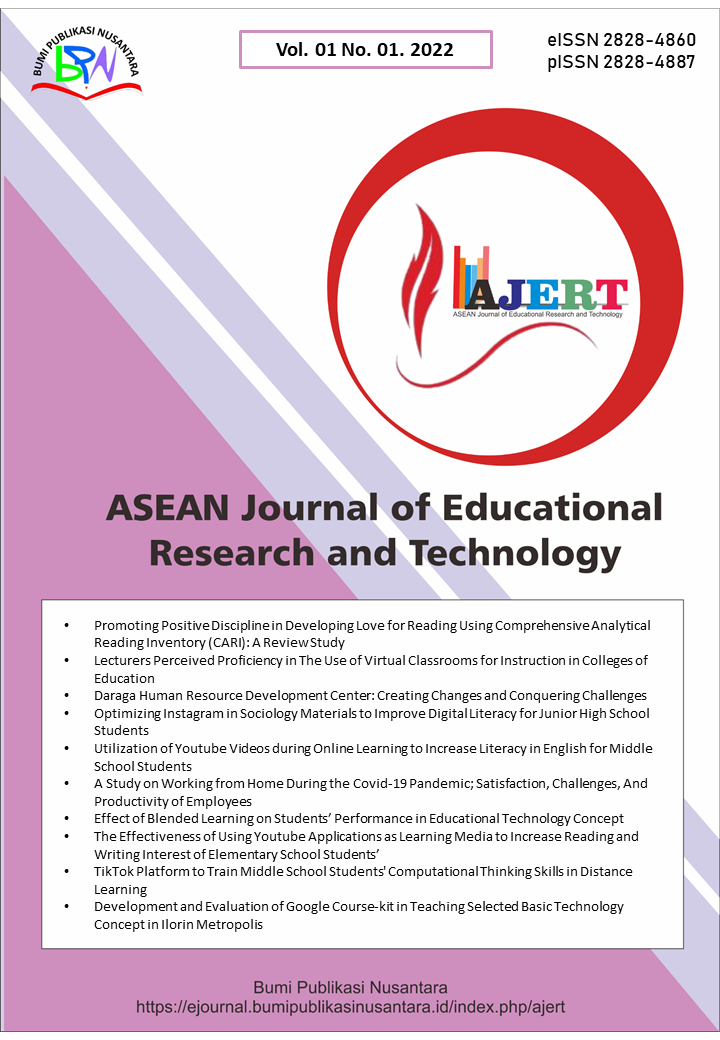Online Learning Using Audio-visual for Elementary School Students during the Covid-19 Pandemic
 ), Asep Bayu Dani Nandiyanto(2), Tedi Kurniawan(3), Muhammad Roil Bilad(4),
), Asep Bayu Dani Nandiyanto(2), Tedi Kurniawan(3), Muhammad Roil Bilad(4),
(1) Universitas Pendidikan Indonesia
(2) Universitas Pendidikan Indonesia
(3) Community College of Qatar
(4) Universiti Brunei Darussalam
 Corresponding Author
Corresponding Author
Abstract
Keywords
References
Aiinun, N. S., and Wijanarko, B. (2018). Perbedaan pengaruh penggunaan media audio visual dan imagery terhadap hasil belajar keterampilan smash bulu tangkis pada sekolah bulu tangkis kusuma klaten tahun 2018. Jurnal Ilmiah Spirit, 18(2), 25–37.
Basilaia G. and Kvavadze D. (2020). Transition to online education in schools during a sars-coV-2 coronavirus (covid-19) pandemic in Georgia. Pedagogical Research, 5(4), 2-9.
Budiarti Y. and Tantri Y. (2020). Pengaruh penggunaan media pembelajaran audio visual berbasis android terhadap hasil belajar mahasiswa. Pedagogia: Jurnal Ilmiah Pendidikan Dasar Indonesia, 1(1), 83-88.
Cendra R., Gazali N. and Dermawan M.R. (2019). The effectiveness of audio-visual learning media towards badminton basic technical skills. Jurnal Sportif: Jurnal Penelitian Pembelajaran, 5(1), 56-69.
Chabot, Costa M., Chaffey and Cabrillo (2014). Choosing the right assessment method: Pre-test / post-test evaluation. Boston University, 12, 2013-2014.
Daif-Allah A.S. and Aljumah F.H. (2020). Developing the english language teaching skills of Saudi teachers of young learners. English Language Teaching, 13(3), 20-30.
Fuady R. and Mutalib A.B. (2018). Audio-visual media in learning. Journal of K6, Education, and Management, 1(2), 1-6.
Helmy, YA, Fawzy, M., Elaswad, A., Sobieh, A., Kenney, SP, and Shehata, AA (2020). The covid-19 pandemic: A comprehensive review of taxonomy, genetics, epidemiology, diagnosis, treatment, and control. Journal of Clinical Medicine, 9(4), 2-29.
Horesh, D., and Brown, AD (2020). Covid-19 response: Traumatic stress in the age of covid-19: A call to close critical gaps and adapt to new realities. Psychological Trauma: Theory, Research, Practice, and Policy, 12(4), 331–335.
Kafah A., Nurhakim L., and Pamungkas A. (2020). Development of video learning media based on powtoon application on the concept of the properties of light for elementary school students. Gravity: Jurnal Ilmiah Penelitian dan Pembelajaran Fisika, 6(1), 34-40.
Karlina N., and Setiyadi R. (2019). The use of audio-visual learning media in improving student concentration in energy materials. PrimaryEdu - Journal of Primary Education, 3(1), 17-26.
Kyoungwon Seo, Samuel Dodson, Negar, MH, Nathan, R., Felse, S., and Roll, I. (2021). Active learning with online video: The impact of learning context on engagement. Computers and Education, 165, 104132.
Lemay, DJ, Bazelais, P., and Doleck, T. (2021). Transition to online learning during the covid-19 pandemic. Computers in Human Behavior Reports, 4, 100130.
Rajkumar, RP (2020). Covid-19 and mental health: A review of the existing literature. Asian Journal of Psychiatry, 52, 2-5.
Rasmitadila R., Aliyyah R., Rachmadtullah R., Samsudin A., Syaodih E., Nurtanto M., Tambunan A.R., and Suryanti. The perceptions of primary school teachers of online learning during the covid-19 pandemic period: A case study in Indonesia. Journal of Ethnic and Cultural Studies, 7(2), 90-109.
Rush S., Wheeler J., and Partridge A. (2014). Emergency online schools as a means of providing schooling and crisis support after school closings due to catastrophic disasters. International Journal of Emergency Management, 10(3-4), 241-258.
Setiati, S., and Azwar, MK (2020). Covid-19 and Indonesia. Acta Medica Indonesiana, 52(1), 84–89.
Shader R.I (2020). Covid-19 and depression. Clinical Therapeutics, 42(6), 962-963.
Tarchi, C., Zaccoletti, S., and Mason, L. (2021). Learning from text, video, or subtitles: A comparative analysis. Computers and Education, 160, 104034.
Article Metrics
Abstract View : 1352 times
: 1352 times Download : 296 times
Download : 296 times
Refbacks
- There are currently no refbacks.
Copyright (c) 2022 Bumi Publikasi Nusantara

This work is licensed under a Creative Commons Attribution-ShareAlike 4.0 International License.









